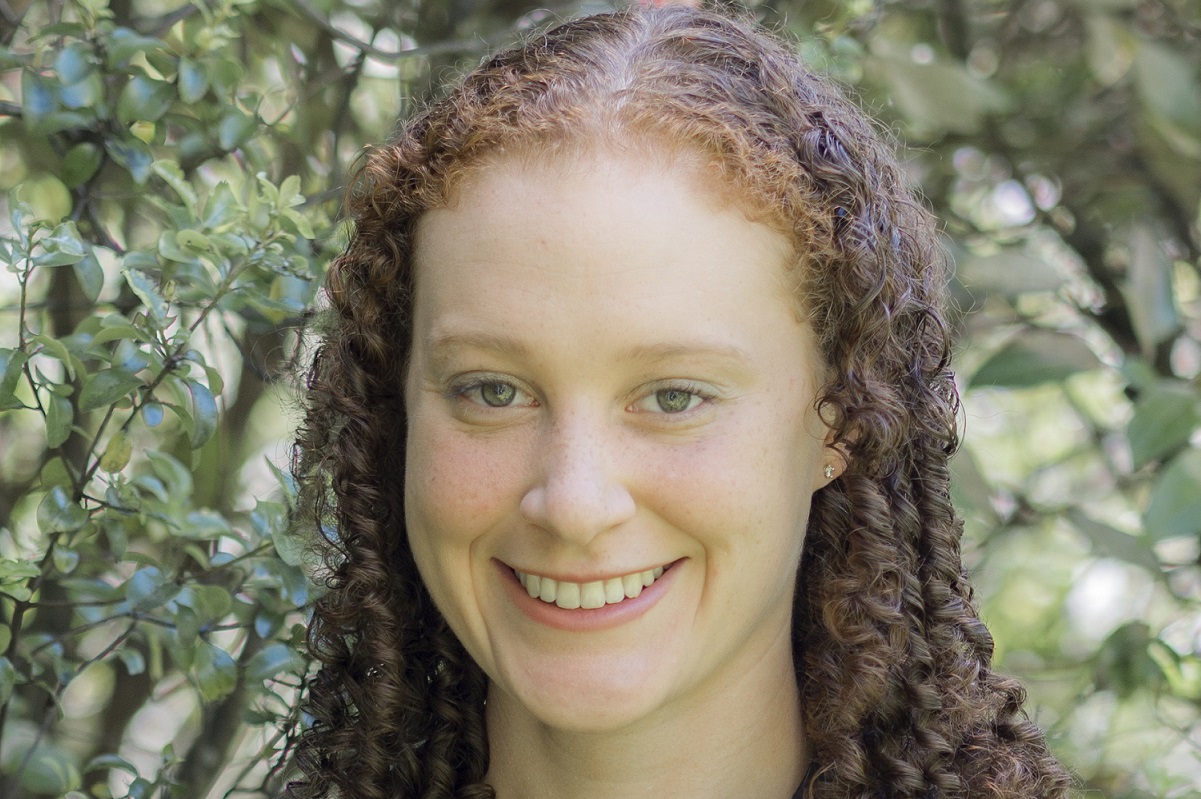
International Women in Mathematics Day on 12 May celebrates women in maths and aims to inspire others towards maths journeys.
Introducing Jody Fisher, PhD candidate at Flinders University
The mathematical rules that explain complex phenomena – like how microbiol systems are organised – may well be simple, but finding them is rarely so.
What inspired you to study maths at tertiary level?
I’ve always appreciated the elegance of mathematics, and it is also a field which allows you to work across so many others.
What direction are you keen to head in your career and why?
It’s not one specific thing, but multiple factors which make me lean toward research. Problem solving and being creative are fun – science lets you do both. And, over the course of my PhD, I’ve liaised with mathematicians, biologists, physicists, and computer scientists. Even the occasional chemist.
The interdisciplinary aspect suits me because I like working in teams. So many of our modern scientific questions are unlikely to be answered by individuals, because the answers require expertise from multiple different fields.
You won a Fulbright scholarship in 2017, what did that involve?
I was fortunate to be hosted at Northeastern University’s Centre for Complex Network Research in Boston, within Professor Albert-László Barabási’s group. The goal was to find a way of mathematically describing a microbial community, like our gut microbiome, that made biological sense. Of course, the project ended up involving networks. Then the question was whether I could find features of those networks which were common across all microbiomes, which includes those found in the human gut, oceans, soils, or even thermal springs.
What is the focus of your PhD?
My thesis is looking at finding universal laws in ecological systems. In practice, I was trying to find simple mathematical rules that explain complex phenomena. For example, how microbial systems are organised, or how turbulence impacts the distribution of biomass in the ocean. Of course, whilst the rule itself might be simple, finding it is rarely so.
What would you say to young people, and women in particular, who might be considering a career in maths?
Go for it. We have a great community of women in Australian mathematics, and we want to have more. Mathematical skills are valuable in many areas of research or industry, so the meaning of a career ‘in maths’ is extremely broad, as well. Taking mathematics subjects at university will only open doors.

